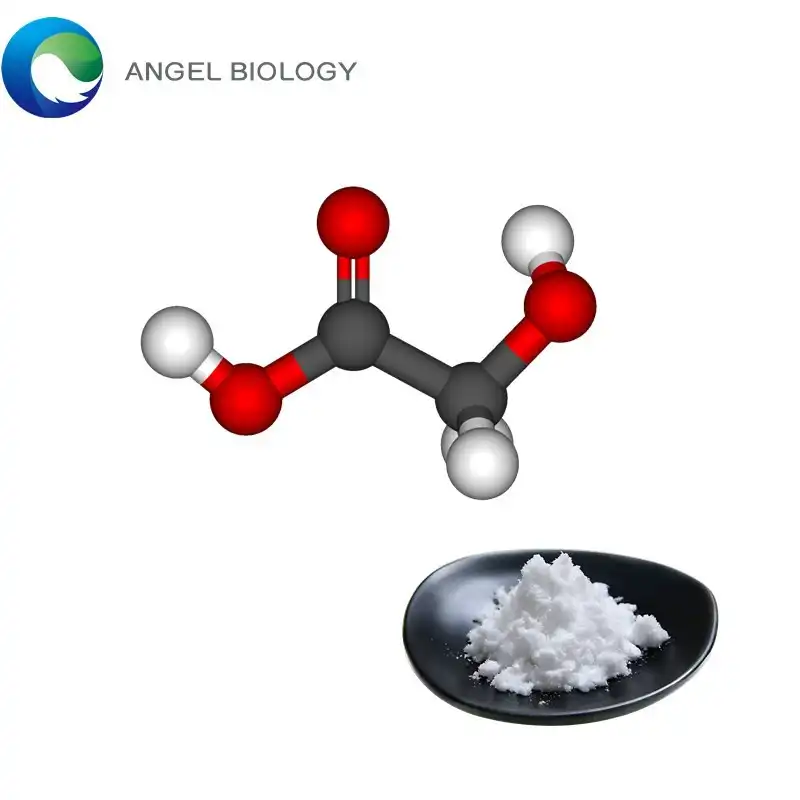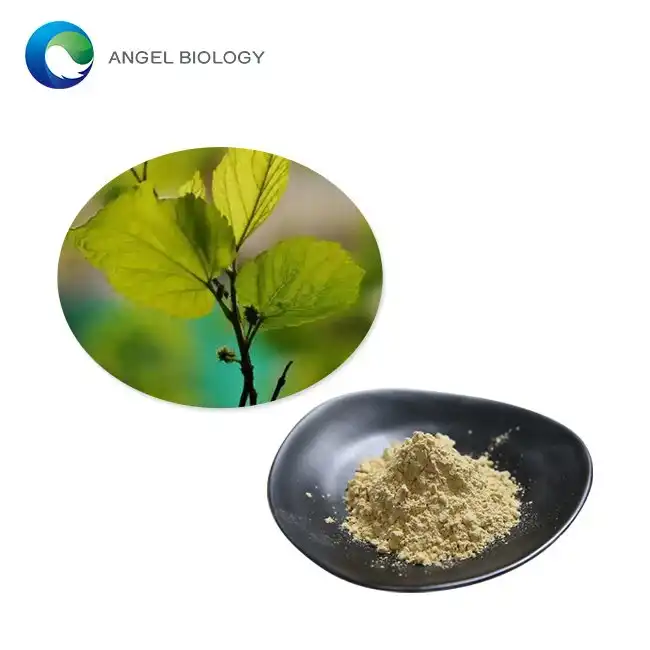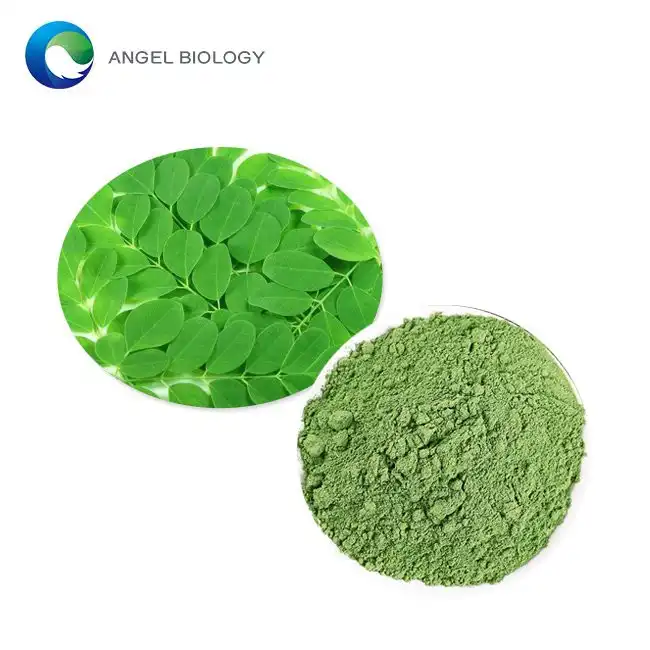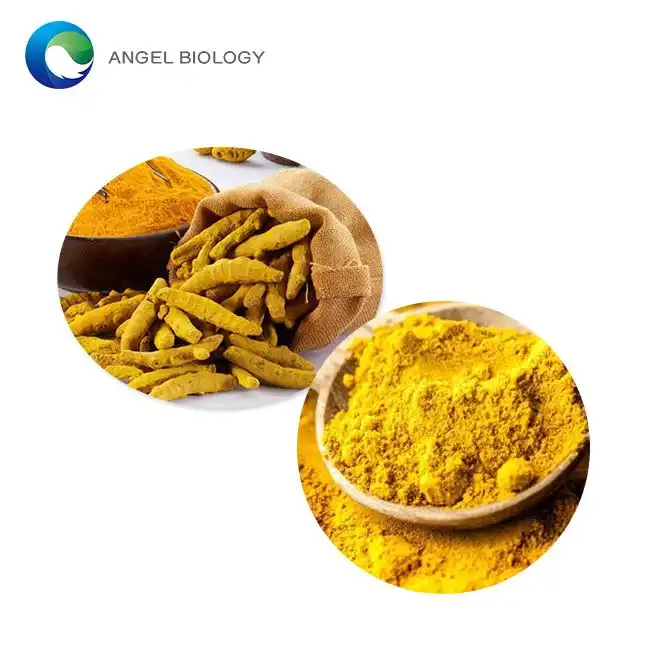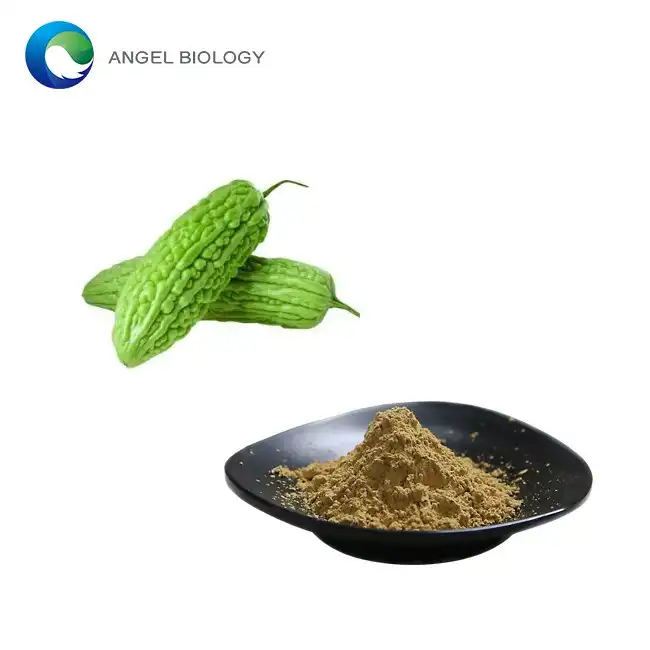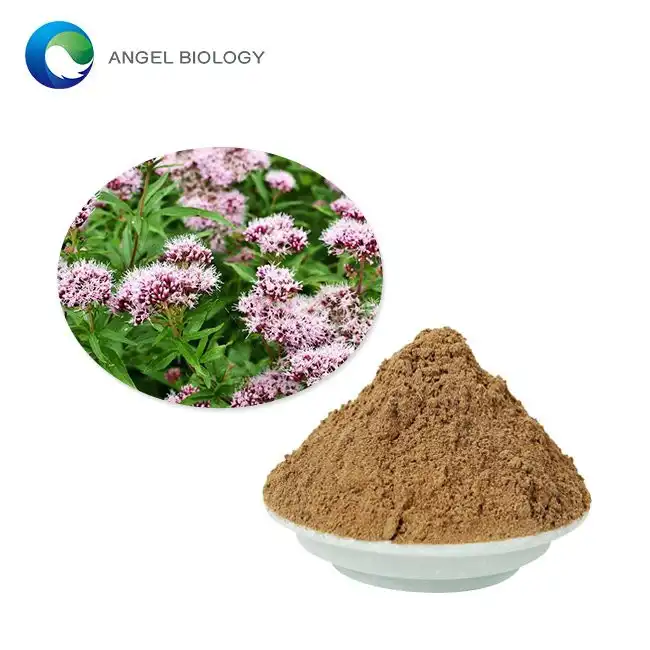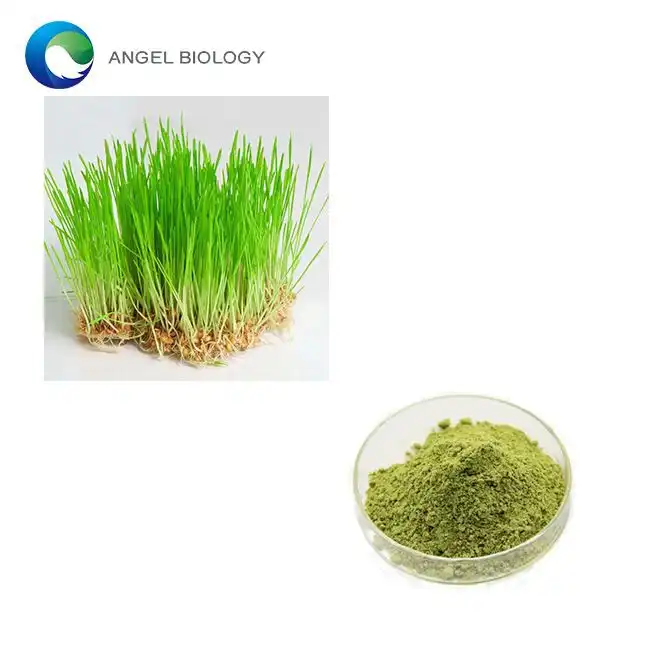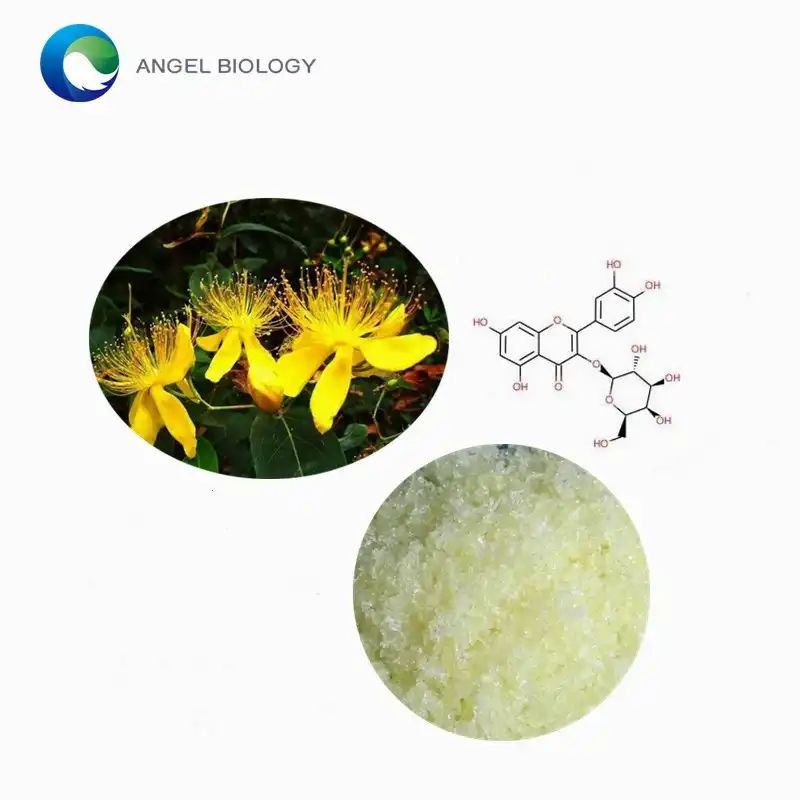Grape Seed Extract Powder vs Other Polyphenol Extracts
Grape Seed Extract Powder stands out as a potent antioxidant powerhouse among polyphenol extracts. This concentrated source of proanthocyanidins offers unique benefits compared to other plant-based extracts. While green tea, pomegranate, and blueberry extracts provide valuable antioxidants, Grape Seed Extract Powder excels in free radical scavenging and cellular protection. Its superior bioavailability and diverse health benefits make it a top choice for those seeking comprehensive antioxidant support. Let's explore how Grape Seed Extract Powder compares to other popular polyphenol extracts in terms of potency, health benefits, and absorption.
Antioxidant Potency: Grape Seed Extract vs Alternative Polyphenols
When it comes to antioxidant power, not all polyphenol extracts are created equal. Grape Seed Extract Powder consistently demonstrates superior antioxidant capacity compared to many other plant-based extracts. This section delves into the scientific evidence supporting GSE's exceptional antioxidant properties.
ORAC Values: Comparing Grape Seed to Other Extracts
The Oxygen Radical Absorbance Capacity (ORAC) value serves as a standardized measure of antioxidant potency. Grape Seed Extract Powder boasts an impressive ORAC score, often surpassing that of other popular antioxidant supplements. For instance, studies have shown that GSE's ORAC value can be up to 50 times higher than vitamin C and 20 times higher than vitamin E on a per-weight basis. This remarkable antioxidant capacity translates to more effective neutralization of harmful free radicals in the body.
Free Radical Scavenging: GSE's Superior Performance
Free radicals are unstable molecules that can damage cells, leading to oxidative stress and various health issues. Grape Seed Extract Powder exhibits exceptional free radical scavenging abilities, outperforming many other polyphenol extracts. Research has demonstrated that GSE effectively neutralizes a wide range of free radicals, including superoxide, hydroxyl, and peroxyl radicals. This broad-spectrum protection sets GSE apart from more specialized antioxidants like resveratrol or quercetin.
Cellular Protection: Grape Seed vs Green Tea Extract
While green tea extract is renowned for its antioxidant properties, Grape Seed Extract Powder offers distinct advantages in cellular protection. GSE's proanthocyanidins have been shown to protect cellular membranes and DNA from oxidative damage more effectively than green tea catechins. Moreover, GSE demonstrates superior ability to enhance the body's natural antioxidant defenses, such as increasing glutathione levels and activating antioxidant enzymes like superoxide dismutase.
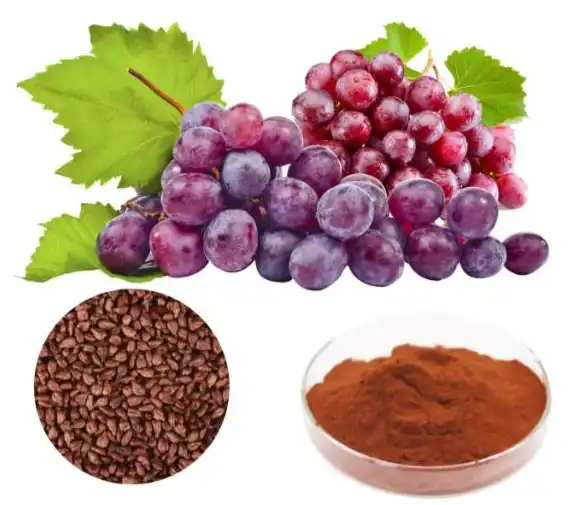
Health Benefits Comparison: Grape Seed and Other Polyphenol Extracts
Beyond their antioxidant properties, polyphenol extracts offer a range of health benefits. Grape Seed Extract Powder stands out for its versatile and comprehensive effects on various aspects of health. This section compares GSE's benefits to those of other popular polyphenol extracts in key areas of wellness.
Cardiovascular Health: GSE vs Resveratrol
Both Grape Seed Extract Powder and resveratrol have garnered attention for their potential cardiovascular benefits. However, GSE offers a more comprehensive approach to heart health. While resveratrol primarily focuses on improving endothelial function and reducing inflammation, GSE provides additional benefits. Studies have shown that GSE can help lower blood pressure, reduce LDL cholesterol oxidation, and improve overall lipid profiles. Furthermore, GSE's ability to strengthen blood vessels and improve circulation makes it a more versatile option for cardiovascular support.
Skin Health: Grape Seed Extract vs Pomegranate Extract
When it comes to skin health, both Grape Seed Extract Powder and pomegranate extract offer valuable benefits. However, GSE's unique composition gives it an edge in certain aspects. GSE's proanthocyanidins have been shown to enhance collagen production and protect skin cells from UV damage more effectively than pomegranate extract. Additionally, GSE's ability to improve skin elasticity and reduce the appearance of fine lines makes it a preferred choice for many skincare formulations.
Cognitive Function: GSE vs Blueberry Extract
Blueberry extract is often touted for its cognitive benefits, but Grape Seed Extract Powder offers distinct advantages in supporting brain health. GSE's ability to cross the blood-brain barrier allows it to provide direct neuroprotective effects. Studies have demonstrated GSE's potential to improve memory, enhance cognitive performance, and reduce oxidative stress in the brain more effectively than blueberry extract. Moreover, GSE's anti-inflammatory properties may offer additional protection against age-related cognitive decline.
Bioavailability and Absorption: Grape Seed vs Other Polyphenol Sources
The effectiveness of any supplement depends not only on its inherent properties but also on how well the body can absorb and utilize it. Grape Seed Extract Powder distinguishes itself through superior bioavailability compared to many other polyphenol sources. This section explores the factors that contribute to GSE's exceptional absorption and utilization in the body.
Intestinal Absorption: GSE vs Quercetin
Grape Seed Extract Powder demonstrates superior intestinal absorption compared to quercetin, a flavonoid found in many fruits and vegetables. The proanthocyanidins in GSE are more readily absorbed in the small intestine due to their unique molecular structure. Studies have shown that GSE's bioavailability can be up to 3-4 times higher than quercetin. This enhanced absorption ensures that a greater proportion of the active compounds reach the bloodstream, maximizing the potential health benefits.
Blood-Brain Barrier Penetration: Grape Seed vs Curcumin
The ability to cross the blood-brain barrier is crucial for substances targeting cognitive health. While curcumin, the active compound in turmeric, struggles to penetrate this barrier effectively, Grape Seed Extract Powder shows remarkable success. GSE's proanthocyanidins can cross the blood-brain barrier more easily, allowing them to exert direct neuroprotective effects. This advantage makes GSE a more effective option for supporting brain health and cognitive function.
effectively, Grape Seed Extract Powder shows remarkable success. GSE's proanthocyanidins can cross the blood-brain barrier more easily, allowing them to exert direct neuroprotective effects. This advantage makes GSE a more effective option for supporting brain health and cognitive function.
Synergistic Effects: Combining GSE with Other Polyphenols
Interestingly, Grape Seed Extract Powder can enhance the absorption and effectiveness of other polyphenols when combined. For example, studies have shown that GSE can improve the bioavailability of resveratrol and quercetin when taken together. This synergistic effect makes GSE an excellent addition to comprehensive antioxidant formulations, potentially amplifying the overall health benefits of polyphenol supplementation.
Conclusion
Grape Seed Extract Powder emerges as a standout among polyphenol extracts, offering exceptional antioxidant potency, diverse health benefits, and superior bioavailability. Its unique proanthocyanidin composition provides comprehensive support for cardiovascular health, skin vitality, and cognitive function. While other polyphenol extracts offer valuable benefits, GSE's versatility and effectiveness make it a top choice for those seeking powerful antioxidant support. As research continues to unveil new potential applications, Grape Seed Extract Powder remains at the forefront of natural health solutions.
For high-quality Grape Seed Extract Powder and expert guidance on its applications, look no further than Angelbio. Our company specializes in premium polyphenol extracts, including pharmaceutical-grade Grape Seed Extract Powder. Our products comply with ISO and GMP standards, ensuring consistent quality and purity. For inquiries about our Grape Seed Extract Powder or other polyphenol products, contact us at angel@angelbiology.com. Our team of experts is ready to assist you with technical support and product information.
References
1. Bagchi, D., et al. (2014). Molecular mechanisms of cardioprotection by a novel grape seed proanthocyanidin extract. Mutation Research/Fundamental and Molecular Mechanisms of Mutagenesis, 768, 65-73.
2. Shi, J., et al. (2003). Polyphenolics in grape seeds—biochemistry and functionality. Journal of Medicinal Food, 6(4), 291-299.
3. Scalbert, A., et al. (2005). Dietary polyphenols and the prevention of diseases. Critical Reviews in Food Science and Nutrition, 45(4), 287-306.
4. Peng, C., et al. (2005). Biology of proanthocyanidins and related polyphenols. Journal of Nutritional Biochemistry, 16(9), 517-525.
5. Nassiri-Asl, M., & Hosseinzadeh, H. (2016). Review of the pharmacological effects of Vitis vinifera (Grape) and its bioactive compounds. Phytotherapy Research, 30(9), 1392-1403.
6. Del Rio, D., et al. (2013). Dietary (poly)phenolics in human health: structures, bioavailability, and evidence of protective effects against chronic diseases. Antioxidants & Redox Signaling, 18(14), 1818-1892.



